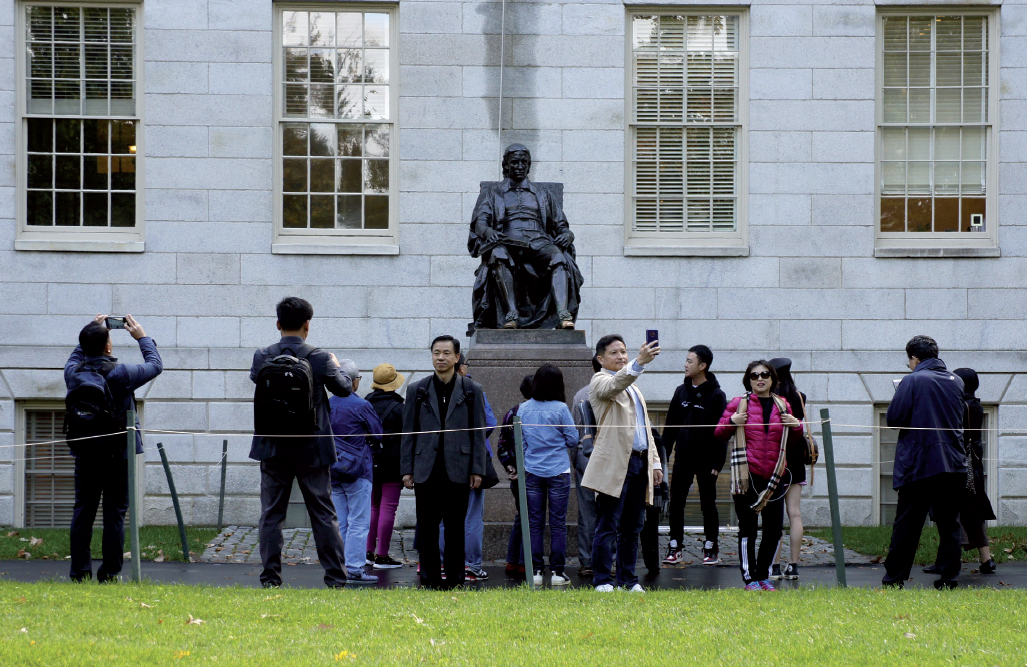Clearing up misperceptions on relations






Pointing to benefits of exchanges in trade, tourism and education, experts say US should reconsider adversarial approach to China
Few would disagree that a respected table tennis player must have accurate judgment, swift responses and an open attitude to shake hands with his or her opponent — win or lose.
Nearly five decades after ping-pong helped break the ice between China and the United States, a renowned political scientist has suggested that the world's two largest economies, now in a difficult relationship, draw inspiration from such rules of the game.
"There could be many games where China wins or the United States wins. But as long as we shake hands at the end and have the enjoyment of another match, then we are both better off," said Joseph Nye, Harvard University's distinguished service professor, emeritus and former dean of the Kennedy School of Government.
"We have a lot to gain from making sure our competition doesn't become so severe that we miscalculate into violent conflict, and that we don't forgo the areas where we have a lot to gain from cooperation," Nye added.
Echoing Nye's view, Harvard Professor Emeritus Ezra Vogel and Professor Michael Szonyi also agreed that the White House unfortunately was having misperceptions about China and the bilateral relations, and that, in the long run, the two major powers must co-exist and thrive together.





























